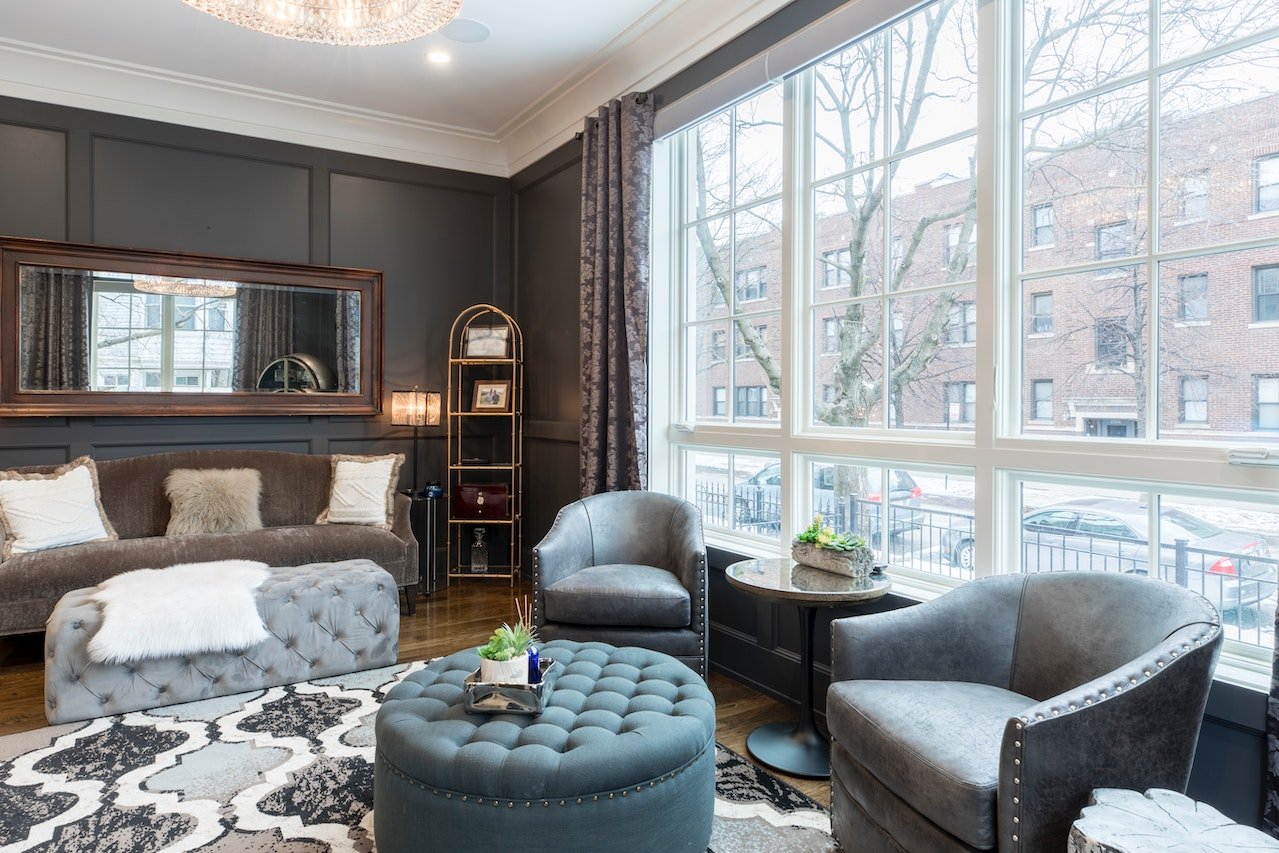With advanced intelligent room sensors, it’s now easier than ever to make your home a more comfortable place to live. You can dial in a perfect environment with sensors that detect temperature, humidity, air quality, and more.
Then, they’ll notify you when it’s time to take action. That could be turning off lights, testing radon levels, or adjusting heating or cooling.
Temperature
Advanced smart room sensors like Neat.no are a great way to improve the temperature of your living space. They can tell the thermostat responsible for heating and cooling your home to change its setting if it detects that one or more rooms are too cold or too hot.
Alternatively, they can be programmed to average the temperature across multiple rooms to give you a more consistent feel from room to room.
They can also be set to notify you when the humidity in a room rises above a certain level or to test for radon levels.
With their powerful wireless connection and long battery life, these sensors can be installed anywhere.
Humidity
The humidity of your living space is a massive factor in how comfortable you feel. High humidity can make the air feel warmer than it is, which can lead to increased discomfort.
Humidity is measured using a hygrometer, a tool that utilizes various materials and measurements to gauge the level of water vapor in a room or space. Accurate humidity measurements are essential for maintaining optimal environmental conditions and preventing costly product damage, such as food, pharmaceuticals, fuels, paper, electronic components, etc.
There are two types of humidity measurement: relative and absolute. The relative humidity is measured by comparing the amount of water vapor present to how much the air can hold at a specific temperature.
Light
Lighting is a critical component of a home’s functionality. It helps create a comfortable living space, improves energy efficiency, and can even help with the air quality of a home.
Smart room sensors can make your lights smarter and help you save energy. They can help you set up scenes and schedules, automate according to motion or time, and sync with other devices like motorized window shades, thermostats, etc.
Some sensors have a dimmer option for turning on or off lights at different levels. They feature exclusive false-detection software to keep lights off when unwanted sources such as HVAC systems are present. They also auto-adapt to the occupancy pattern of use.
Also Read: 5 Exciting Hanging Chair Decor Ideas
Occupancy
You can create a more comfortable living space for your family and friends using advanced smart room sensors. These devices can track your sleep cycle, adjust heating and air conditioning based on when you’re not home, and test the air quality for radon levels.
Aside from these capabilities, smart room sensors enable several more complex features than temperature. For example, the sensor alerts you if someone walks through your door and can even turn your lights on.
In addition, the system aims to detect when a person is stressed and reduce it by activating relaxation programs in the ambient environment. This is done by detecting screen time and aggregating the data to generate user-specific recommendations.
